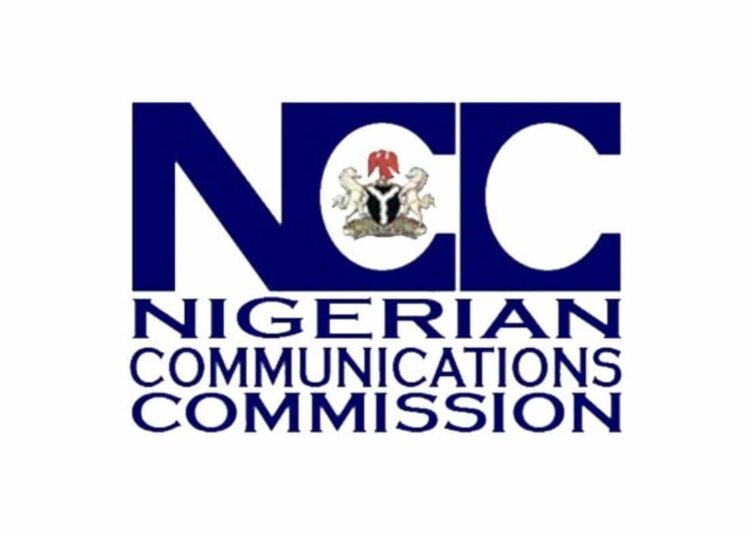Nigeria’s active mobile subscribers grew to 219.7 million in February 2024, but internet usage declined to 694,804.54 terabytes (TB), according to the Nigerian Communications Commission (NCC). This marks the first drop in internet usage in 11 months, falling 3.7% from January’s 721,522 TB.
The decline comes despite slight increases in broadband penetration and mobile internet subscriptions. The NCC attributed these changes to adjustments made by telecom operators after losing over six million subscriptions in January due to the enforcement of the NIN-SIM linkage directive.
In February, MTN, Airtel, and Globacom recorded subscriber gains, while 9mobile experienced losses. MTN, the market leader, added 1.1 million new subscribers, bringing its total to 80.9 million. Airtel gained 434,175 subscribers, reaching 63 million, while Globacom added 176,756 to hit 62.1 million. However, 9mobile lost 151,517 subscribers, leaving it with 13.6 million.
Broadband penetration edged up to 43.08% in February from 42.53% in January, with broadband subscriptions increasing by 1.3 million to 93.39 million. Mobile internet subscriptions also grew by 1.3 million to 162.81 million.
Although internet usage dipped in February, it remains high, reflecting Nigeria’s growing dependence on digital services. More Nigerians are shifting from older technologies to advanced networks, with 4G and 5G usage rising, while 2G and 3G usage declined.
The rise in data consumption over recent years has been fueled by increased reliance on online platforms and smartphone adoption. In 2022, smartphone penetration in Nigeria reached 52%, with higher usage in urban areas (58%) compared to rural areas (32%).
Video streaming and online gaming are major drivers of this trend, with platforms like Netflix, Amazon Prime, and Showmax competing for dominance. The rollout of 5G technology is expected to boost data usage further.
By 2030, Nigeria and Ethiopia are projected to add nearly 67 million unique mobile subscribers in Sub-Saharan Africa, reinforcing the region’s growing reliance on digital connectivity.




